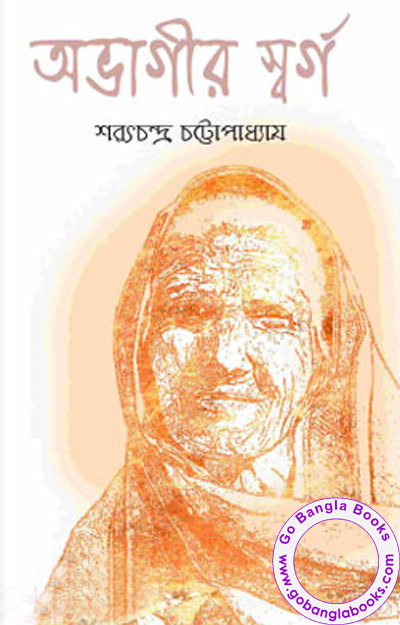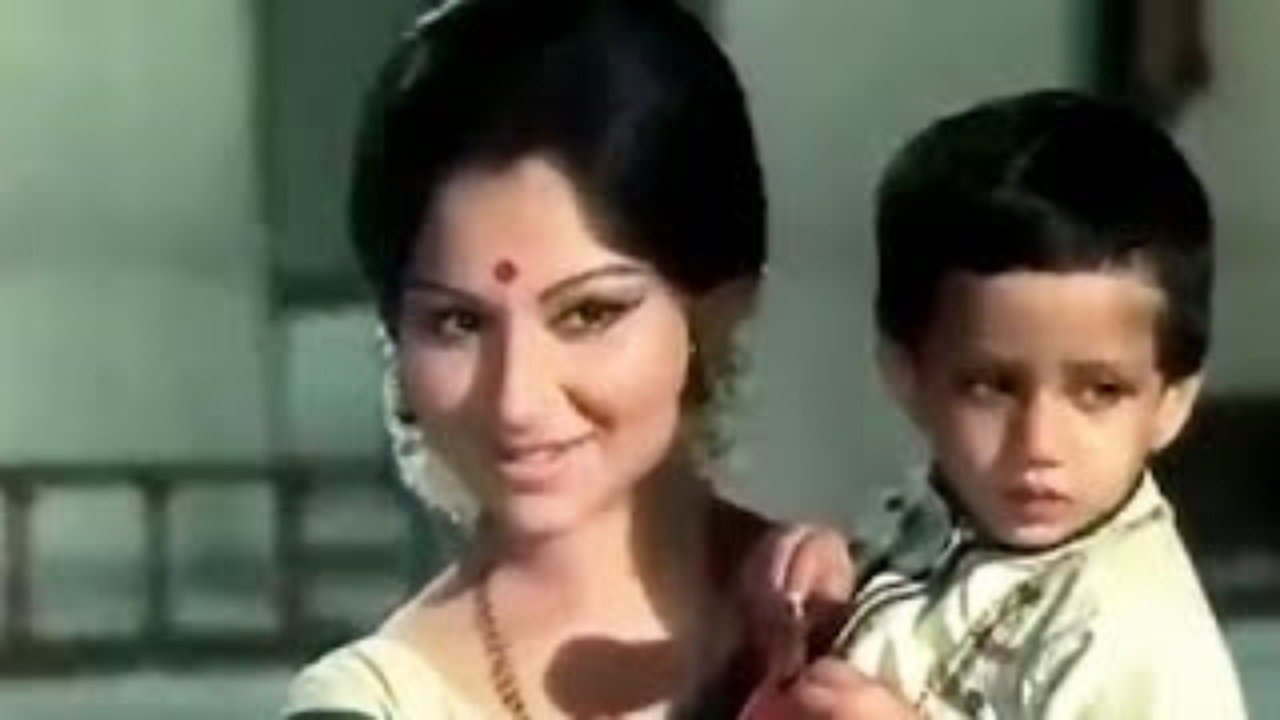


The first Hindi version of the film, by PC Barua, focussed on Barua's portrayal of Devdas as the ultimate romantic neurotic. In addition to being independent, these women were sensitive, empathetic and eloquent. On the other hand, Chandramukhi is a woman confident of her own personality, secure in her own profession, and unashamed of her work. When confronted with the practical choice of marrying a rich man to save her family name, or pining for a fickle lover who changes his mind on the whim, Paro chooses the former. Independent, strong and passionate, both Paro and Chandramukhi are not dependent on Devdas. It is no wonder that many filmmakers with a tendency to feature strong female characters like Bimal Roy, Gulzar and Hrishikesh Mukherjee opted for stories by the author to form the backdrop of their films.ĭevdas' Paro and Chandramukhi are the prime examples of the kind of women that come through Chattopadhyay's novels.

Named after its drunken, tragic lover, the novel is remarkably consistent with Chattopadhyay's ability to deliver some of the most powerful women through his literature. It is immoral." The author was prescient to recognise the trope that Devdas would give birth to. In the book Awara Masiha, Prabhakar quotes the author in a letter saying: "Don't give Devdas to them. Strangely, it was not his favourite work. Legendarily written as a 17-year-old in a drunken haze, Devdas was only published after Chattopadhyay was 40 years old and at the zenith of his fame. Of these, Devdas remains the signature of Chattopadhyay across the Indian subcontinent, and has earned him fame past generations of booklovers and cinephiles alike. However, a majority of his fame, fairly or unfairly, rests on the triad of novels: Devdas, Iti Srikanta and Parineeta. With over 22 novels and four plays, the writer also published a large number of short stories and essays in a career that lasted for five decades. It is a remarkable definition of an author whose works remain the most popularly recreated works of literature in Hindi cinema.Ĭhattopadhyay, born on 15 September 1876, was a fairly prolific writer of Bengali prose novels. Yet, Prabhakar's biography of Chattopadhyay is titled Awara Masiha (The Vagabond Messiah).

For a biography on the author of Devdas, Parineeta, Iti Srikanta, there could have been no shortage of puns and praiseworthy adjectives to use as a title. Vishnu Prabhakar, the Hindi author, is acclaimed as the writer of the definitive biography of Sarat Chandra Chattopadhyay.


 0 kommentar(er)
0 kommentar(er)
